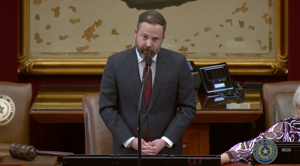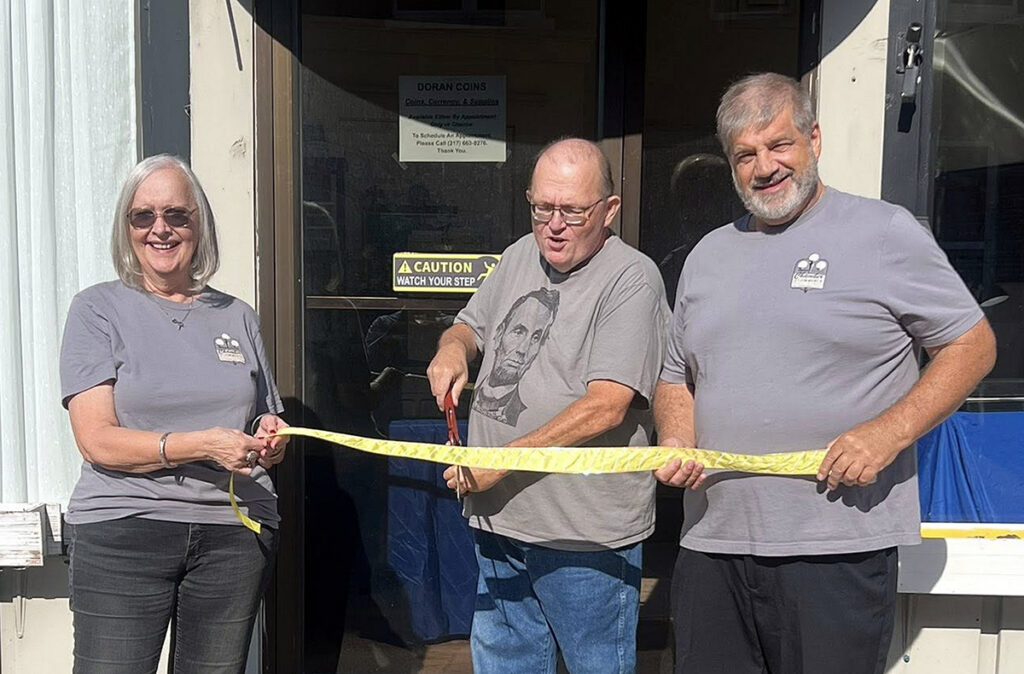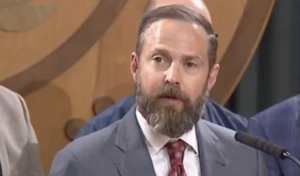
Social Security’s 90th anniversary sparks debate over how to address insolvency
On the day before Social Security’s 90th anniversary, fiscal watchdogs are urging Congress to seriously address the program’s impending funding shortfalls – particularly in light of the now $37 trillion national debt – even as lawmakers met Wednesday to discuss increasing benefits.
“The looming shortfalls in Social Security are intimately connected with our nation’s overall deteriorating fiscal outlook, and every year of delay makes the choices more difficult and the trade-offs more punishing,” Executive Director Carolyn Bourdeaux of Concord Action, a fiscal responsibility advocacy group, said in a statement.
“This Congress and those in the very near future will be judged on whether they tackle this problem effectively – protecting Social Security benefits for current and future generations while preserving the economic strength of this nation,” she added. “It can be done, but time is of the essence.”
Experts across the political spectrum have for years warned about the upcoming exhaustion of the Social Security Trust Fund, now projected as soon as 2033. There are currently 73 million Americans receiving Social Security benefits. Once insolvency happens, recipients could see a benefit cut as high as 21%.
In a virtual town hall, Sen. Bernie Sanders, I-Vt., Rep. John Larson, D-Conn., and other lawmakers in the Democratic Caucus condemned the Trump administration closing some U.S. Social Security Administration field offices, cutting of 7,000 of the 57,000 U.S. Social Security Administration employees, and scaling back some phone services, all done in the name of reducing fraud, waste and government inefficiency.
Lawmakers also blasted Treasury Secretary Scott Bessent’s idea to privatize Social Security as a way to address the program’s funding problems. Larson said that “expanding benefits is what’s needed” instead.
“Since 1971, there hasn’t been a full expansion of Social Security across the board,” the congressman said. “It’s long overdue.”
According to the Cato Institute, a median wage earner making $60,000 annually would need to pay an extra $2,600 in taxes annually for Social Security at its current benefit levels to remain solvent in the near future.
Sanders’ proposed solution to insolvency, which he reiterated in the Wednesday town hall, is to increase benefits and lift the cap on taxable income “so that the wealthiest Americans start paying their fair share of taxes.”
His Social Security Expansion Act would boost Social Security benefits by $2,400 annually and increase Cost-Of-Living-Adjustments by raising taxes on higher earners, subjecting all income above $250,000 to the 12.4% Social Security payroll tax – including money generated from business and investments. This change would impact about 7% of American households.
The Cato Institute, however, said that such a change would fail to solve the insolvency problem, punish small businesses, reduce investment and increase future program costs.
“The current [income] cap exists because Social Security was designed as an earnings-related benefit, not a welfare program,” members wrote. “Lifting the payroll tax cap would either sever this link and turn Social Security into a welfare program or would require massive payouts for the highest-income earners.”
Sanders’ bill is unlikely to pass the Republican-controlled Congress.
This story was edited to correct the political party identification of Rep. Larson. The original article referred to Larson, a Democrat, as a Republican.
Latest News Stories

Trump takes aim at Chicago crime, no-cash bail while singling out Pritzker

Burrows: Only thing standing in the way of disaster relief are missing Democrats

Trump confirms Nvidia chip agreement

Doran Coins Celebrates Grand Opening with Ribbon Cutting

States challenge federal report promoting coal plants

U.S. Supreme Court could rule on Texas lawsuits brought in Democratic-led state courts

WATCH: Illinois In Focus Daily | Monday Aug. 11th, 2025

Illinois quick hits: Judge denies Madigan’s motion; legislator urges action on DCFS interns

About Us

Everyday Economics: CPI takes center stage as tariff-driven price pressures mount

100 Women Who Care donates $4,800 to Casey Township Library

Net negative migration is harmful to the economy, economists say













